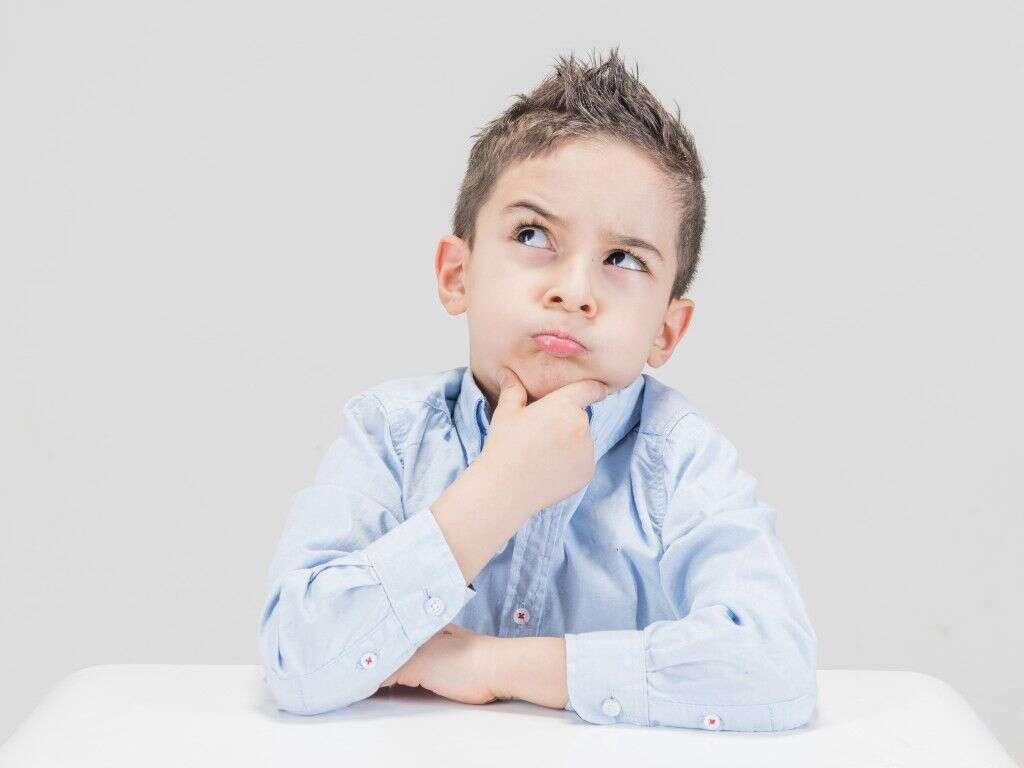What Is the Difference Between Effect and Affect?
There are so many rules of grammar and spelling to be followed that it can become difficult to remember what is right and what is wrong. Sometimes, even using the wrong letter just once can change the whole meanings of sentences, or at least cause you to commit a grammatical faux pas.
Among the most common grammatical errors is erroneously using “affect” instead of “effect,” and vice versa. Basically, the rule is that “effect” is the result of something happening, while “affect” is the influence that caused a change. Here’s a few examples of how they should be used to help you get it right.

1. Putting on Weight
The more that we eat, the more calories we will take on board and, unless we counteract it with exercise, the more weight we will put on. Because eating more causes us to put on more weight, taking on excess calories affects our weight on the basis that eating too much is the cause of the gain in weight.
The word effect can also be used to explain this phenomenon, albeit in a differently structured sentence. For example: what we eat has an effect on our weight on the basis that gaining weight is the result of eating too much.

2. The Weather
Good weather can make for some very fond memories, while bad weather has the potential to really ruin your day. What’s more is that we have no control over it, leaving us at its whim. Changes in the weather has the ability to affect our plans, and most of us have found our plans effected by the weather.
Again, “affect” in the examples above are the verb. For example, the weather is causing something to happen. Also, “effect” is the outcome. For example, the weather changed so our plans had to be changed. Try to remember that weather “causes” us to make plans, and that should hopefully help you to remember.

3. Drinking and Hangovers
Drinking is a popular pastime in many parts of the world. While it is fine to enjoy a drink, bear in mind it should be done so with care because of the dangers of abusing alcohol. Regardless, many of us are likely to experience feeling quite unwell the following day, which is known as a hangover.
Having a hangover is an “effect” of having drunk too much alcohol. In other words, it is a result of drinking too much the previous day. This also means that alcohol has the “affect” of giving you a hangover if you drink too much of it.

4. Special Effects
Special effects have become increasingly advanced over the years. Nowadays, we are able to use computers to create imagery that is difficult to tell from reality. It helps to make movies so much more realistic, but how can this help us to use the correct grammar? The following explanation might help to make it clear for you.
Try to remember that special effects are the result CGI (computer generated imagery) and other techniques. They are the outcome of people manipulating visuals and video. This also means that techniques such as CGI have an “affect” of making movies more realistic looking.

5. Pollution
Pollution is very much a buzz word in this day and age, and for very good reasons. The pollution that we create is destroying otherwise pristine ecological habitats, and is also causing our planet to heat up to potentially catastrophic levels.
Here is a look at how you should use “affect” and “effect” when writing about pollution: That our planet is getting gradually warmer is an “effect” of releasing pollution into our atmosphere. It is the result of CO2 and other gases causing the greenhouse effect. You can also use the word “affect” in a similar sentence by claiming that the pollution we cause has an “affect” on our planet’s temperature.

6. Sports
Those that are at the top levels of their sporting fields will usually have to put in a lot of exercise and practice to allow them to perform at such high levels. The kind of dedication that it takes means a lot of people don’t make it, but the reward for those that do are potentially life-changing.
It is clear that exercise and practice have a profound “affect” on a sports person’s ability to perform well. Exercise and practice help to actively change the person’s ability to perform better. Likewise, being able to perform well is an “effect” of such dedication, because it is a result of working hard.

7. Stock Markets
We tend to hear a lot more about stock markets when there is uncertainty in the economy. This is because various factors can have quite an impact on the markets, and a sudden fall (crash) can have a significant impact on our lives.
While we tend to leave this to the experts, there is no reason why we can’t get the grammar right. When there is uncertainty in the markets, some investors may be tempted to sell their shares to avoid making losses should the markets drop. This has the “affect” of causing the stock’s value to fall, while a decrease in a stock’s value is also the “effect” of investors withdrawing from the market.

8. Teachers
Teachers play a very important role in society because they help young people to develop and learn the skills that they need to get by, or even flourish, as an adult. The right teachers can have a profound effect on their students, helping them to develop life-skills in addition to academic abilities.
The right teacher, with the right skills and approach to their job, can have a very positive “affect” on their students. This is because their abilities cause their students to learn more. Likewise, that a student’s performance at school improves will be the “effect” of having a good teacher guiding them.

9. Effect as a Verb
One thing that makes English grammar so difficult to perfect is that it can be so nuanced, and the rules often seem to be contradictory of each other. For example, while we have explained that “effect” is a noun because it is used to identify something, it can also be used as a verb.
For example, politicians may be able to put new laws into “effect.” This usage of the word makes it a verb because it is changing the outcome of something. You will also find that the laws have been “affected” by the politicians’ actions. It can be confusing, but it is not too difficult to remember if you practice a little.

10. Affect as a Noun
Just when you thought that you might have got it, the rules of grammar have decided to throw us another curve ball. This is because in some cases the word “affect,” which is usually a verb, is to be used as a noun. This is because in some cases, the word takes on the meaning of using false behavior as if to pretend it is genuine.
For example, accents can be “affected,” which means that the person speaking does not really have that accent naturally. People can use “affect” facial expressions, such as raising their eyebrows in an effort to pretend to be surprised.












